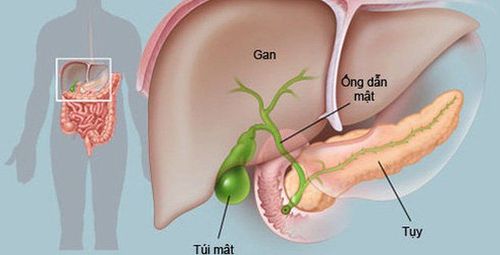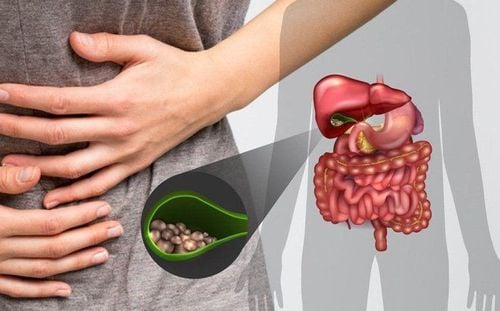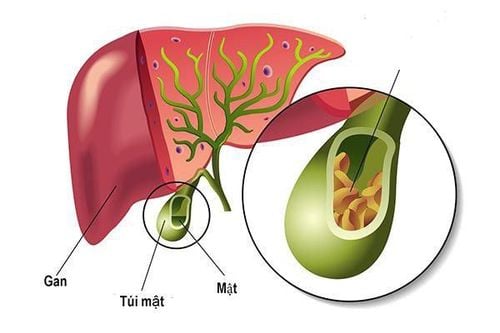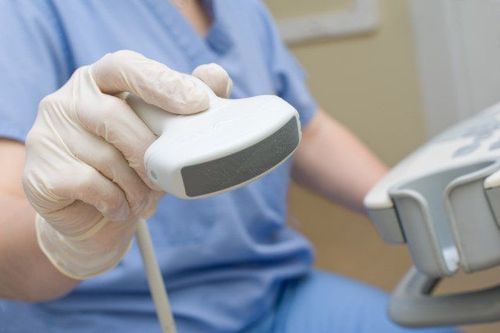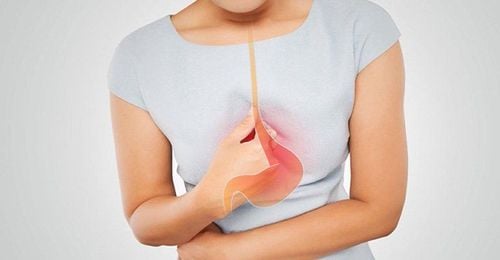This is an automatically translated article.
The article is professionally consulted by Gastroenterologist - Department of Examination & Internal Medicine - Vinmec Hai Phong International General HospitalWhen the amount of fat in the stool after excreting exceeds 7g/day, the doctor will diagnose steatorrhea. Fatty stools are a warning to a number of health problems such as: The body is not absorbing nutrients, not making enzymes or bile needed to digest food effectively.
1. What is fat stool?
Human feces is the remains of food that cannot be absorbed or digested in the small intestine and is broken down by bacteria in the large intestine. The main components in the stool are fiber, bacteria, the mucus layer that covers the stool, protein, salt, dead cells and fat.
Fatty stools are stools where the amount of fat exceeds the normal level, more than 7g/day. Fatty stools are often more dense and viscous than normal stools, and are more difficult to wash off when flushed.
2. Signs of defecation
Fatty defecation is a condition in which when going to the toilet, the patient notices that the stool is large in size, pale in color and has a very unpleasant odor. People with fatty stools when going to the toilet often see stools floating on top because of the high gas content, in addition, there is a layer of grease floating on the water in the toilet.In addition to the above signs, the following signs on the body are also warning bells of faeces:
Unexplained weight loss Abdominal cramps Flatulence Indigestion.

Một số bệnh nhân đại tiện phân mỡ còn gặp phải tình trạng đầy hơi
3. Causes of fat stool formation
There are many causes of steatorrhea, the main cause is the malabsorption of nutrients in food due to cystic fibrosis, an inherited disease. Malabsorption also occurs due to several reasons as follows:
Lactose intolerance Celiac disease Biliary stenosis Whipple disease Crohn's disease.
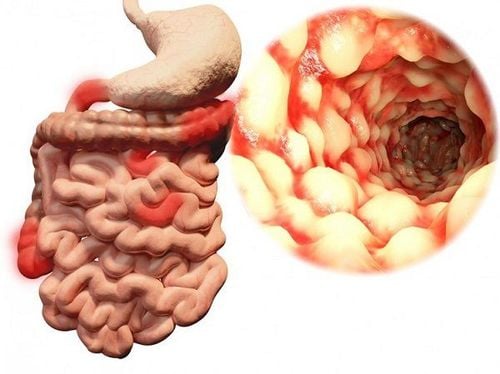
Bệnh Crohn là một nguyên nhân gây ra tình trạng phân mỡ
4. How to treat steatorrhea?
Fatty stool is a disease that can be completely treated and will not pose a danger to the patient if it is treated early and properly. See your doctor as soon as you have the first signs of this disease, do blood tests and biopsies to make an accurate diagnosis.If the cause of fatty stools is due to gluten intolerance, the patient simply removes gluten from the diet, the patient will feel the symptoms minimize or disappear after eating gluten-free foods. However, it takes 2-6 years for the patient's intestines to completely heal.
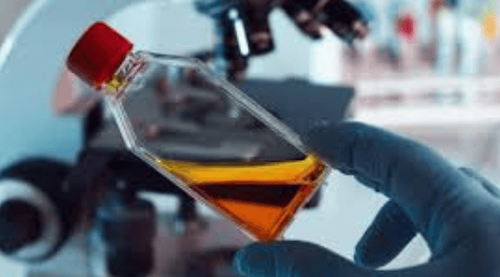
Xét nghiệm D-xylose giúp chẩn đoán chứng phân mỡ
5. How to prevent defecation
Here are some ways to prevent fatty stools you should know:
Should be fully hydrated for the body, drink enough 2 liters of water in a day Reduce fiber and fat consumption. Limit smoking, drink alcohol, beer and use stimulants Supplement with vitamins A, D, E, K, increase consumption of foods rich in vitamin B12, folic acid, iron, magnesium... Limit consumption foods high in potassium oxalate.
Please dial HOTLINE for more information or register for an appointment HERE. Download MyVinmec app to make appointments faster and to manage your bookings easily.




